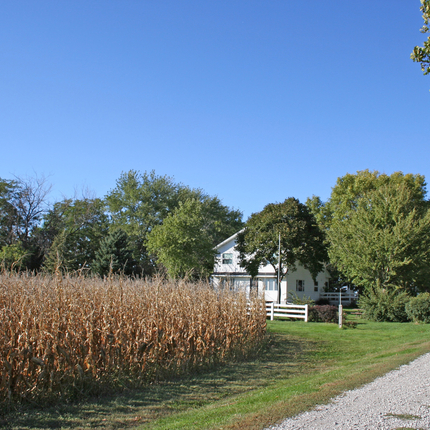By Trenton Buhr, former staff member
As the 2020 session of the Nebraska Legislature approaches, the state’s rural broadband policy is ripe for new development.
Rural broadband in Nebraska has seen two big changes in recent months, first when the Federal Communications Commission (FCC) announced its plan for a new broadband mapping requirement. Also, Nebraska’s Rural Broadband Task Force finished its report, which recommends policy change to strengthen rural broadband.
In August, the FCC announced the start of a new program called Digital Opportunity Data Collection. The program includes a new rule requiring Internet Service Providers to report their broadband coverage on a more localized level. Prior to the new rule, the data was collected at the census tract level, which can be as large as a county. With the changed rule, the data reporting level will be more granular, such as a precinct or parcel of property.
The FCC plans to release their full plan for the data collection at a later date. The plan is expected to outline changes to the data submission process for Internet Service Providers and develop a way to crowdsource for accuracy.
In October, after a year-long study, the Nebraska Rural Broadband Task Force announced its final findings. Their report addresses access, mapping, and alternative technologies, among other topics.
According to the report, Nebraska lags the U.S. and neighboring states in fixed and mobile broadband availability.
To enhance federal broadband mapping, the task force encourages crowdsourcing efforts. This is a key recommendation that should be developed into a Broadband Data Validation Program. The FCC also spoke to the need for “a process to collect public input on the accuracy of service provider’s broadband maps.”
The FCC is situated to gather and use the data; however, we do not believe they are as well positioned for validation of the reported information. The state has superior resources for obtaining local feedback to validate the reported data.
The findings also address the need to improve how the state helps fund rural broadband through the Nebraska Universal Service Fund and Public Service Commission. Partnerships between public bodies and private internet providers are important for efficient development in underserved areas. This includes changes to dark fiber leasing, rights of way, and private easement.
Soon, the legislature will act on the proposals. You can review the task force’s findings in their report. In addition, the Transportation and Telecommunications Committee will hold a hearing on the report on Dec. 4, at 1 p.m., in Room 1507, at the Nebraska State Capitol, in Lincoln. The public will have a chance to give testimony during the hearing.





